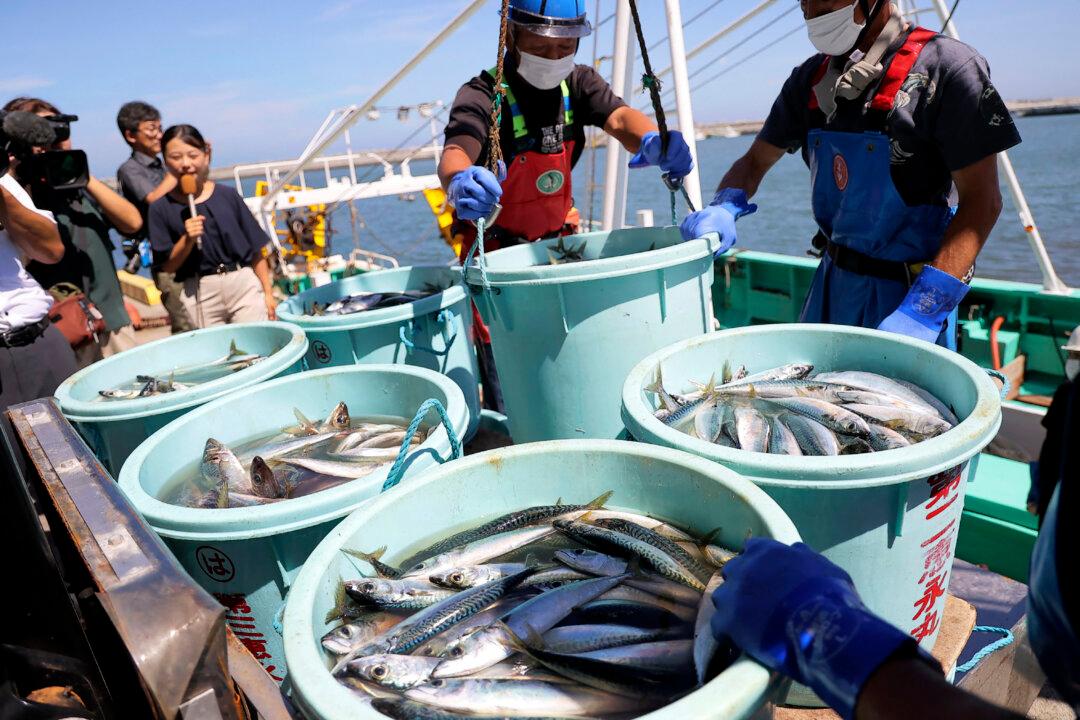Since the scheduled discharge of treated wastewater from Japan’s Fukushima Nuclear Plant began on Aug. 24, Chinese Communist Party (CCP) authorities have imposed a sweeping ban on Japanese seafood imports to China.
The action ignited a firestorm of protests against the water release across various platforms, where media outlets and social commentators in China have widely condemned Japan. The situation is further inflamed by heightened anti-Japanese sentiment, manifested in harassing phone calls to Japanese locales like Tokyo and Fukushima.




